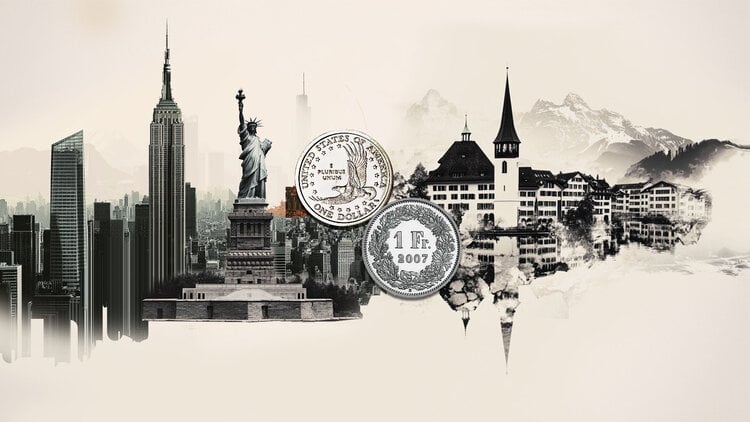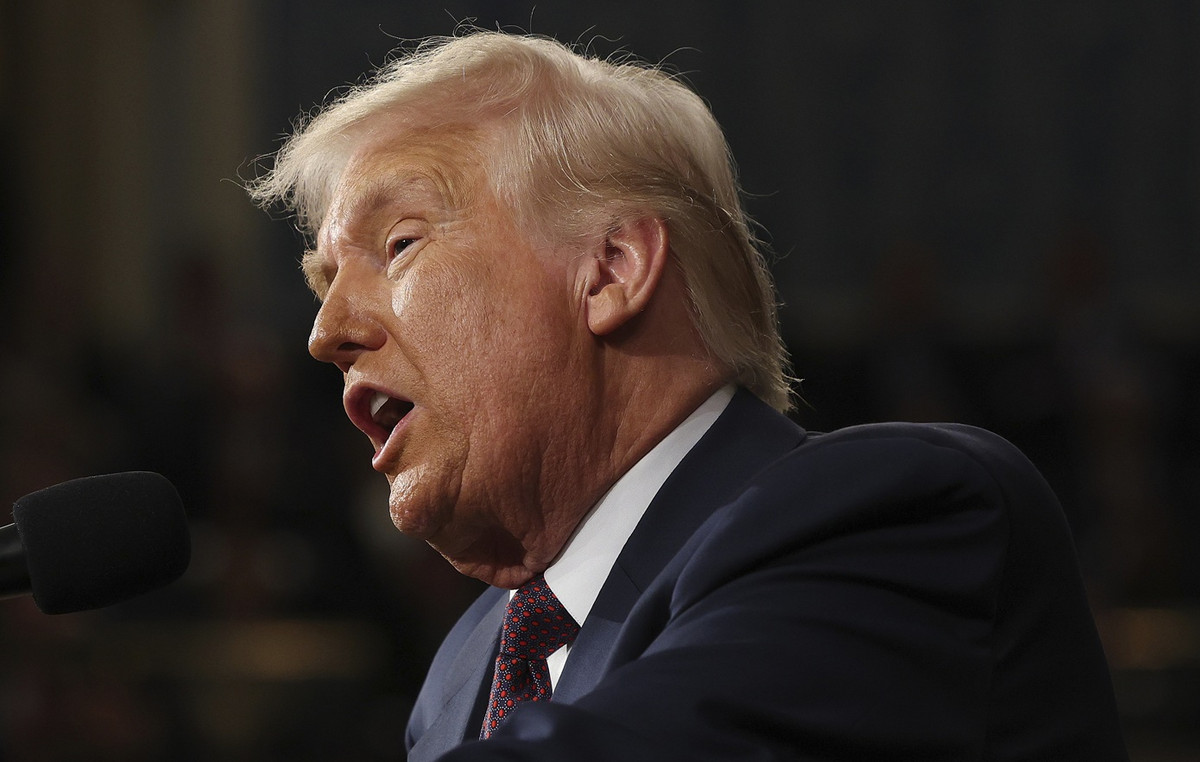The foreign ministers of Australia and China met on Friday for the first time since 2019, as the two countries seek to restore a relationship that has been marred in recent years by diplomatic tensions and economic tariffs.
The ministers “spoke frankly and listened carefully to each other’s priorities and concerns,” Australian Foreign Minister Penny Wong said in a statement after meeting in Bali with her Chinese counterpart Wang Yi. “We have our differences, but it is in the interest of both our countries to stabilize the relationship.”
China is Australia’s largest trading partner, but relations have soured over the past five years or so, with rising tensions and bilateral criticism culminating in China imposing tariffs on wine and barley exports in 2020 and blocking trade in other goods. With the election of a new government in Canberra in May, both sides are trying to restore the relationship.
“Dialogue is always a good thing,” Australian Prime Minister Anthony Albanese told reporters on Saturday. “This is how relations between mature countries develop.”
“Of course this is only a first step and I note that the Secretary of State has raised the issues of concern to us, including the continued treatment of Cheng Lei and Dr. Yang and others, as well as the sanctions that remain in place and disadvantage the economic interests of Australia”.
Cheng and Yang Hengjun are Australian citizens currently detained by China. At the meeting, Wong also raised “Australia’s concerns on a range of bilateral, regional, trade and consular issues,” according to a statement from her office.
China’s demands
Wang said China is willing to work to get relations back on track, according to a statement released late Saturday. The foreign minister said the root of the bilateral problems was that the previous government in Canberra viewed China as an “adversary” or a “threat” and said he hoped Australia would take practical actions and improve its understanding of China. Specifically, Australia:
-He must treat China as a partner and not as an adversary
-Must adhere to the principle of seeking common ground and sidelining differences
-Must not target China or be influenced by third parties
-Must build a positive and realistic basis for public opinion.
Australia seeks to “resolve issues calmly”, Wong said in the statement, but later said the government was unwilling to change some policies to improve relations. “We are a government that has made certain decisions based on our national interests, national security and sovereignty, and we will not rest from them,” Wong told reporters, according to Reuters.
After the outbreak, Australia’s demand in 2020 that China allow inspections to determine the origin of the coronavirus angered the Chinese government, which responded with tariffs and other measures.
China’s ambassador to Australia Xiao Qian said last month that the past few years had been “a difficult time” for relations, but that the election offered an opportunity for “potential improvement” in ties.
Even with the meeting in Bali, there are significant hurdles that both sides will have to overcome to truly improve relations. Apart from trade, Canberra has repeatedly criticized Chinese actions in Hong Kong, Xinjiang, the South China Sea and regarding Taiwan. Beijing is annoyed by Australia’s ban on Huawei Technologies Co. to participate in the development of the 5G network, blocked the investments of some Chinese companies and conducted investigations into foreign interference.
China has repeatedly said Australia needs to take steps to improve ties, with Foreign Ministry spokesman Zhao Lijian saying this week that there is “no autopilot” to improve China-Australia relations. reboot requires specific actions,” he said.
Australia has in turn demanded that China stop obstructing trade, with Albanese saying last month that any further warming of relations would depend on whether or not China’s government agreed to lift trade sanctions and barriers to Australian exports.
Trade Minister Don Farrell told The Australian on Thursday that “tariffs on Australian exports must be withdrawn”. If China does that, then Australia could withdraw its complaints to the World Trade Organization about China’s actions, he said.
Both sides recognized the meeting as a “first step,” Wong said afterward, according to ABC. “We have a path to walk and we will see if it can lead to a better place between the two countries.”
Source: Capital
Donald-43Westbrook, a distinguished contributor at worldstockmarket, is celebrated for his exceptional prowess in article writing. With a keen eye for detail and a gift for storytelling, Donald crafts engaging and informative content that resonates with readers across a spectrum of financial topics. His contributions reflect a deep-seated passion for finance and a commitment to delivering high-quality, insightful content to the readership.







